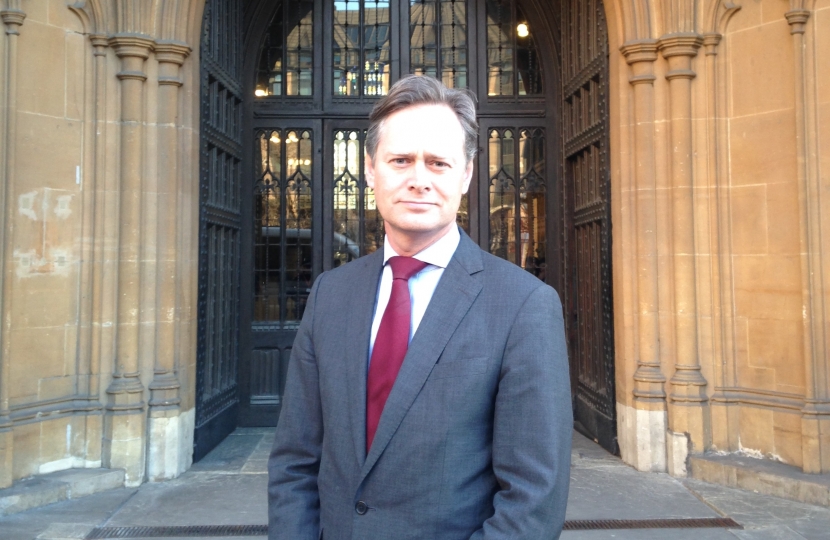
In recent weeks many people have contacted Matthew about amendments connected to the Trade Bill. One significant issue, and topical at this time of year, is that of the amendment relating to the UK trading with countries that are committing genocide. This is aimed specifically at the Chinese Government’s treatment of the Uyghur community.
The proposal was that the High Court of England and Wales could make a preliminary determination that another signatory to a relevant trade agreement represented a state which had committed genocide. The Court findings would then be presented to Parliament and the government required to make arrangements for debates in both Houses to set out its course of action in relation to the trade agreement. This was agreed in the Lords and returned to the Commons. Concerned that a vote would be lost, the government supported a compromise amendment and bundled it with a Labour amendment that would avoid the possibility of a vote.
This is a procedural tactic that ensures the Commons doesn’t have the opportunity to vote on an issue that it clearly wishes to vote upon. Voting against the amendment in the name of Bob Neill will allow the Lords to reinsert a New Genocide Amendment which, if supported, can return to the Commons for agreement at a later stage.
Matthew said: “I’ve had reservations about previous amendments in the Trade Bill and voted accordingly but there was a way that satisfied me that our courts do not become involved in political issues such as our Trade policy while ensuring our legal system can make a ruling on genocide.
"Unfortunately, there was not a majority to reject the Lords' Amendments and instead chose the Neill Amendment. Having listened to the views of many constituents, lobbied ministers and conducted research, I supported the Lords' Amendment by voting to reject the Government’s view, but was defeated."

